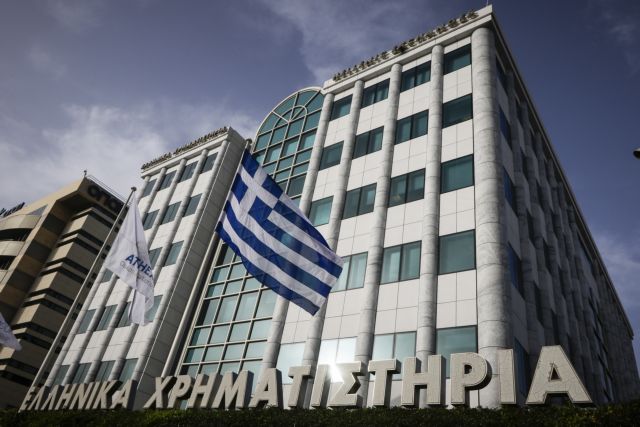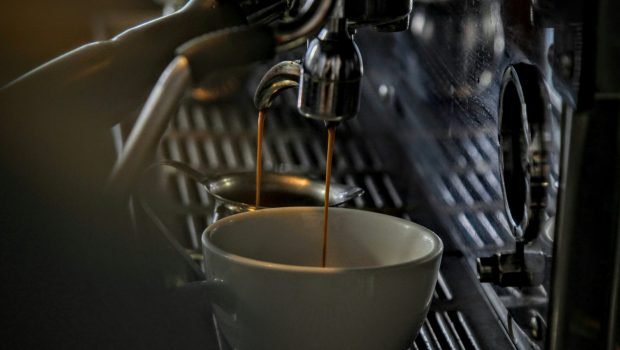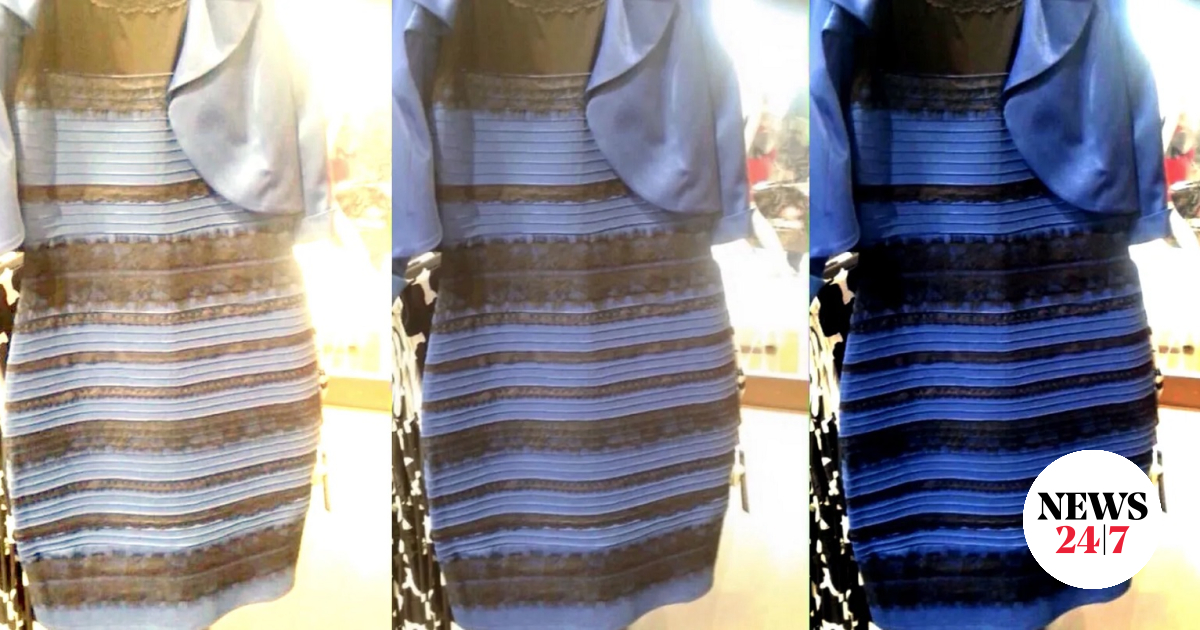
As of today, April 21st, his dashboard HA It will have four fewer companies: shares of Boutaris (Old Wines of Naoussa), Varagis, AEGEK and Dionic have been delisted after many years of inactivity.
The common factor that unites the four companies under delisting is that they have been under surveillance for many years.
It is possible that the historic companies of Bottaris and Farraghis were saved from commercial oblivion with the help of the “white knights”, but the same is not the case for the EGIC and Dionych, who face serious challenges on dangerous roads.
The end and the new beginning for Botaris
the fraggis Those leaving the stock exchange after 25 years have a second chance after checking the reorganization plan, even if their fate is now in the hands of people outside the historic family of furniture makers.
Athens Brewery – Nero Ioli: From Oity to Sterner Stenhouse ‘Glass’ – What the Deal Offers
A fresh start with no bank borrowing and no debt to public funds and insurance makes butares It is controlled by Premia’s main shareholder, Ilias Georgiadis, and co-investors who participate in his group. The latter acquired the historic winery, with more than a hundred years on the market and a large number of properties in such regions of Greece as Santorini, Imathia, Naoussa.
Athens Stock Exchange: HEXA interventions to transform it into a developed market
AEGEK breakdown
Exactly 30 years after it was listed on the stock exchange, AEGEK, one of the oldest companies in the construction industry, is facing an exit door, delisting its shares forever today, April 21st.
AEGEK was founded immediately after the civil war, in 1949, by Papadakis and Tsotsoros.
In the 1970s, its ownership gradually passed to the control of Papageorgiou, Triantafilos and Manetas, who left AEGEK in the mid-1990s.
Under its new leadership at the time, AEGEK has developed into a significant ‘player’ in the local construction market with a notable presence in Middle Eastern countries as well.
In 1993, AEGEK shares were listed on the Athens Stock Exchange, while it gradually developed into an integrated business group holding properties in real estate companies, energy projects and concessions.
Just before the millennium, when contractors bought everything that was transferred, AEGEK was one of the five largest construction groups in the country.
However, her acquisitions “saddled” her with obligations that she could not cope with.
Once the 2004 Olympic festivities were over, the market discovered “The King is Naked”.
The size of the state-owned builder’s debt threatened to “swallow it” even though it fell from €566m in 2006 to €224m in 2007.
A year later and under pressure from the banks, the main shareholders (Spyros Papageorgiou and Yiannis Triantafillou) resign from management in favor of an experienced bank executive, Sotiris Gavriel.
In 2013, its construction subsidiary, AEGEK Construction, was transferred to Aktur, with a symbolic price of one euro.
Attempts to save the company, through strategic investors, initially Indian DS Constructions and later by Yiannis Maroulis, fell on deaf ears.
The metro project in Thessaloniki, as well as a series of road projects, for example Aktio – Amvrakia, undertaken by the company, was never completed.
In order to fulfill at least part of its obligations, the company, the main creditor of which is Alpha Bank, sold its assets.
Last year, AEGEK subsidiary Elafonisos SA sold to the Tsatsaronakis family, known for its “To Manna” nut products, the land it held in a 610-acre coastal area on the beach of Voulismene Elafonisos with a price tag of €1.75 million.
Also last summer, the 7-storey office building, with an area of about 2,000 square meters, was transferred to the Port of Thessaloniki for €1.25 million. The buyer is BEHCINAR Real Estate Development SA.
Dionysian Passions and Errors
Being in a dry spell in recent years, Dionic also leaves the board of directors of the Hellenic Stock Exchange. It should be noted that the company’s shares have been suspended from trading on the stock exchange since 2020.
With unprofitable results for many years, increasing activity and equity decline negatively (at -65.5 million euros at the end of the first half of 2022), Dionik stated in its semi-annual report that “the company’s negotiations with ALPHA BANK and Ethniki Trapeza did not witness any substantial development Yet to organize its lending.
While he adds that “it must be emphasized that if there is no possibility of financing with working capital, it will not be possible to reverse the economic figures.”
It should be noted that as of 2021, AVE, Dionic’s largest shareholder, has removed its interest in the company from its books of account.
Specifically, as mentioned, on 07.06.2021 AVE Group transferred its entire reduced participation to DIONIK SA without any profit or loss resulting from said transaction.
Founded in 1995, the company is mainly active in the marketing and distribution of consumer goods, communications products and human resource services. Also, through its subsidiaries (with the method of gross consolidation and equity), ATCOM SA, IMCG BRANDS SA and SHOP365.GR SA, activities are mainly developed in the software and e-commerce sectors.
For many, the problems of the former listed company could have been solved if it had not sold its 50% stake in Skroutz so cheaply.
It is reported that in 2018 Dionic proceeded to sell the stake it held in Skroutz for 10 million euros, as part of the Eurobank debt settlement agreement. Dionic bought half of the well-known company in 2006, paying 300,000 euros.

“Avid problem solver. Extreme social media junkie. Beer buff. Coffee guru. Internet geek. Travel ninja.”






More Stories
Why would you pay €3 for your coffee in the summer? – The reason is that the price has risen again
€700 fines fall in the rain – the Greek Police’s new super patrol cars are starting to roll
The most favorite car brands among thieves